Dirk's New Running Buddy
Mavs' acquisition of Chandler Parsons puts salve on Vince Carter wound
The Houston Rockets blinked Sunday night when they chose not to match the Dallas Mavericks’ offer sheet to forward Chandler Parsons. It was a surprising turn of events, but the Mavs aren’t complaining.
In one of the stranger NBA free agency periods in recent memory, everyone waited for LeBron James to make his decision. Sure, both the Mavs and Rockets made a play for James — and for the Knicks’ Carmelo Anthony, for that matter — but in all likelihood, neither was coming to the Lone Star State. James’ decision, however, would influence which players did end up in Dallas and Houston
The Mavs had a plan — or, in this case, a plan A, plan B and plan C. Plan A was getting lucky on either James or Anthony. Plan B was a tier of players that could help them immediately, including Parsons. So when the Mavs offered the restricted free agent a three-year, $46 million contract Thursday night — followed by Parsons and Mavs owner Mark Cuban hitting the club — that ended plan A.
Dallas needed a third legit scoring option to go with Dirk Nowitzki and Monta Ellis. Parsons is certainly that, as he blossomed in Houston.
Plan B was no given. The Rockets, per NBA rules, were given 72 hours to match Dallas’ offer once the Mavs returned the offer sheet to the Rockets. The Rockets were playing a waiting game of their own. They were courting Heat forward Chris Bosh, and the rumor was that if the Rockets could sign Bosh to a maximum contract, they would still have enough money to match the Parsons offer.
But for Bosh to move, James had to make a decision, and on Friday morning he did: the Cleveland Cavaliers. As James made all sorts of noise about going home, the belief by some was that Bosh would now go somewhere else, as it appeared the Heat were about to go ice cold. The Rockets had the stars aligned perfectly — until the Heat offered Bosh a max deal, and he chose to stay in Miami.
Although that stung the Rockets, most fans would consider Parsons a nice consolation prize. Apparently the Rockets disagreed. Instead of matching the Mavs’ offer for Parsons, they chose to sign free-agent forward Trevor Ariza.
The big reason? Money, of course. The Rockets signed Ariza for four years and $32 million. That’s cheap in the NBA world.
But did the Mavericks make out better? Dallas needed a third legit scoring option to go with Dirk Nowitzki and Monta Ellis. Parsons is certainly that, as he blossomed in Houston.
Last season Parsons averaged 16.6 points, 5.5 rebounds and 4.0 assists. He’s also a career 37 percent shooter from 3-point range, so he automatically becomes the Mavs’ second-best 3-point shooter.
Chandler is just 25 years old, and the Mavs have struggled to find quality young players. He’s not a build-a-team-around-him superstar, but he’s a fine offensive piece that has more room to grow.
The Mavs will also like Parsons’ ability to dribble to the rim and his ability to protect the ball (he averages 1.7 turnovers per game). About the only thing he doesn’t upgrade is the Mavs’ defense, but what else is new?
The Mavs did overpay for Parsons; let’s be clear about that. But they had the money to overpay, Parsons is only tied to the Mavs for three years, and Nowitzki’s new contract — believed to be about $10 million per year — gave the Mavs great flexibility this year and beyond.
Parsons’ contract puts a salve on the loss of Vince Carter, who signed with Memphis while this drama unfolded. Plus, the Mavs signed veteran shooter Richard Jefferson away from Utah, a low-wattage deal that could pay off like Carter’s deal did.
Meanwhile, Shawn Marion, the team’s best defender and most versatile player, twists in the wind waiting to see where he lands. But his days in Dallas are likely done. Parsons’ contract — and the curious game of NBA telephone that helped him land in Dallas — has taken care of that.
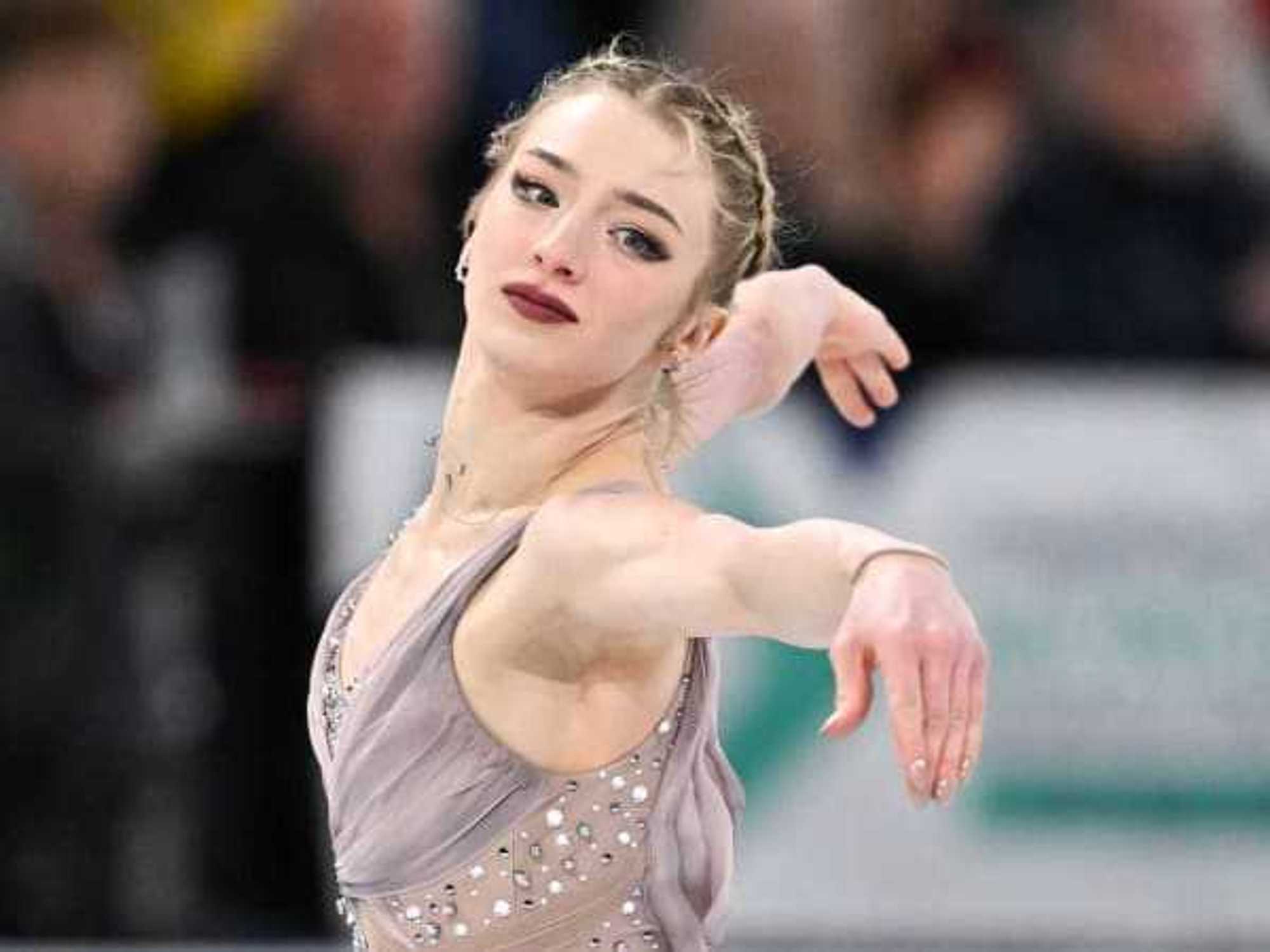
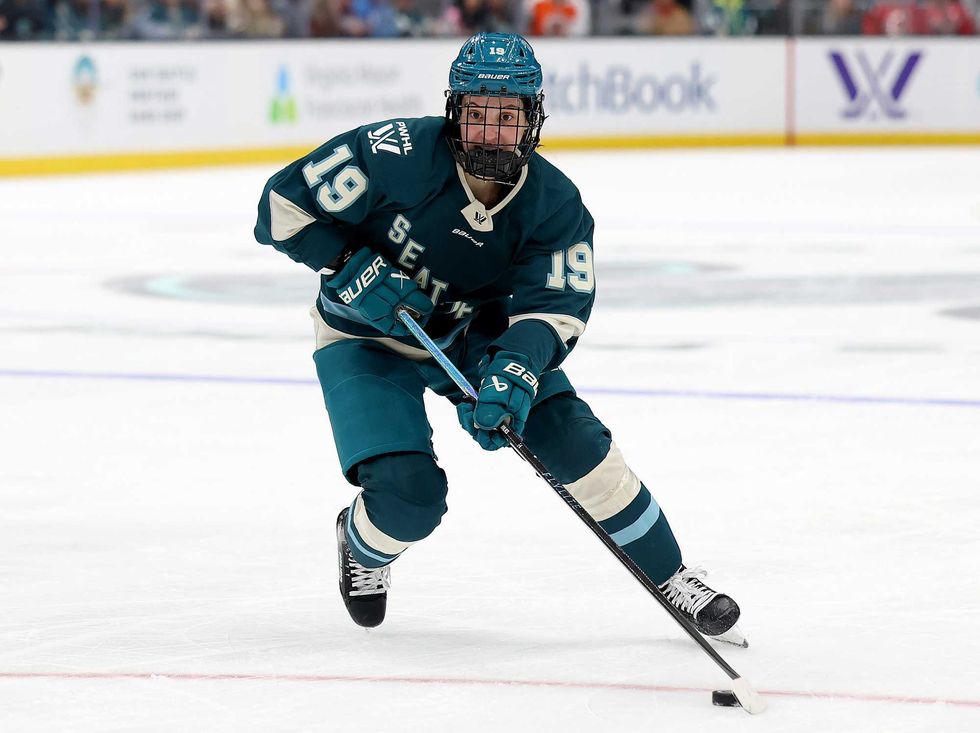 Hannah Bilka is one of two North Texans competing in this year's Games.Photo courtesy of Getty Images
Hannah Bilka is one of two North Texans competing in this year's Games.Photo courtesy of Getty Images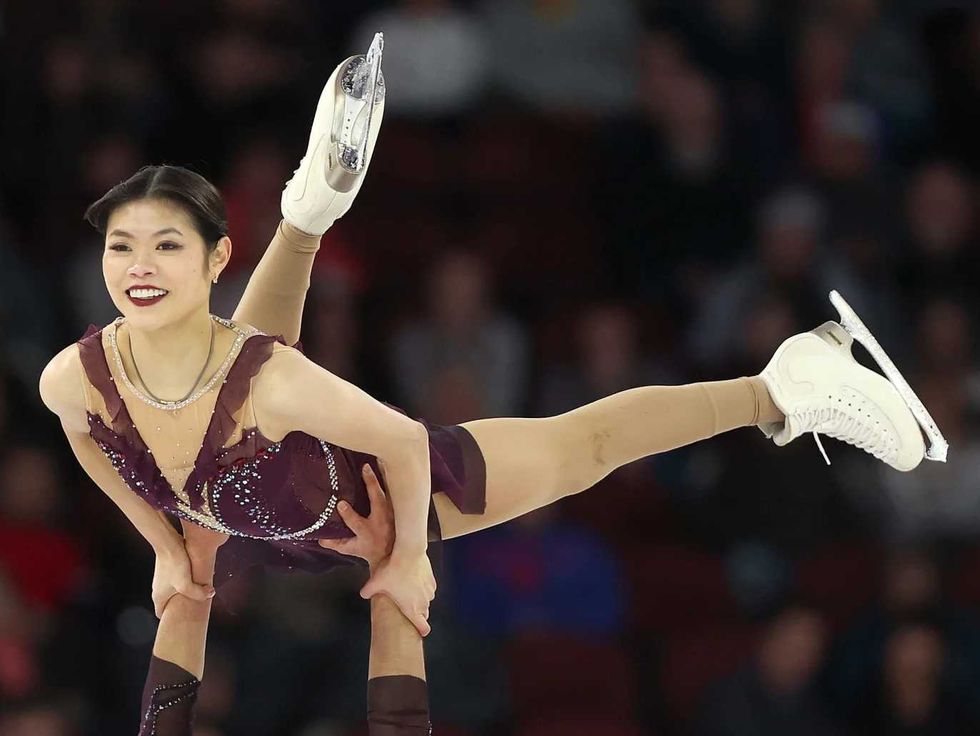 In addition to being a top-notch figure skater, Emily Chan is also trained in Chinese modern dance and ballet.teamusa.com/
In addition to being a top-notch figure skater, Emily Chan is also trained in Chinese modern dance and ballet.teamusa.com/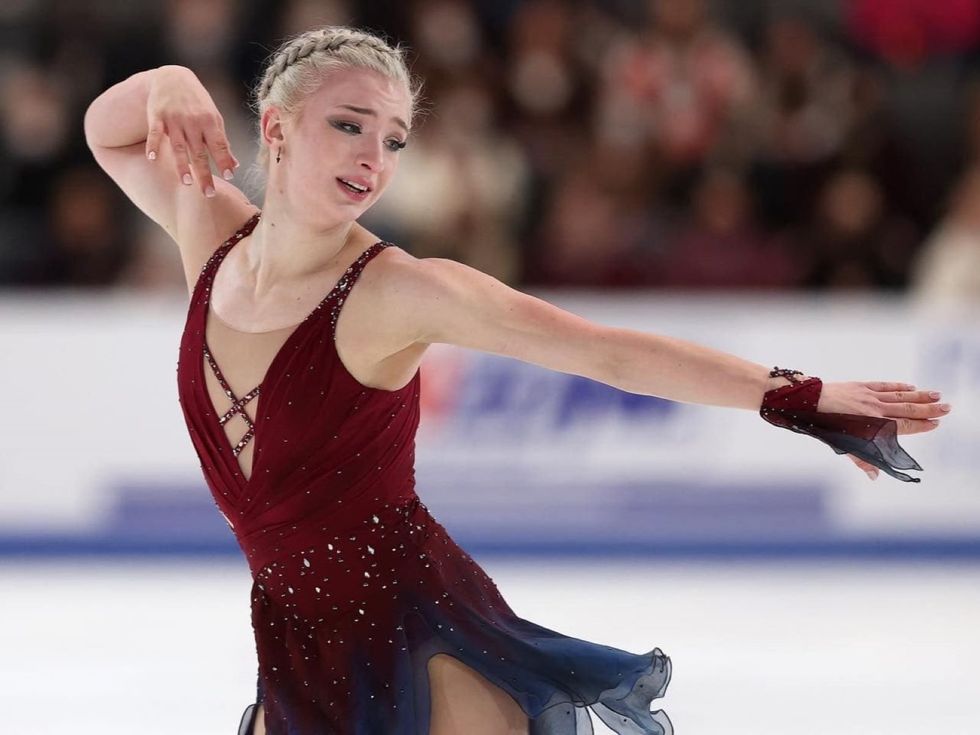 Plano's Amber Glenn will have the Dallas-Fort Worth crowd on its feet. Facebook/ISU
Plano's Amber Glenn will have the Dallas-Fort Worth crowd on its feet. Facebook/ISU 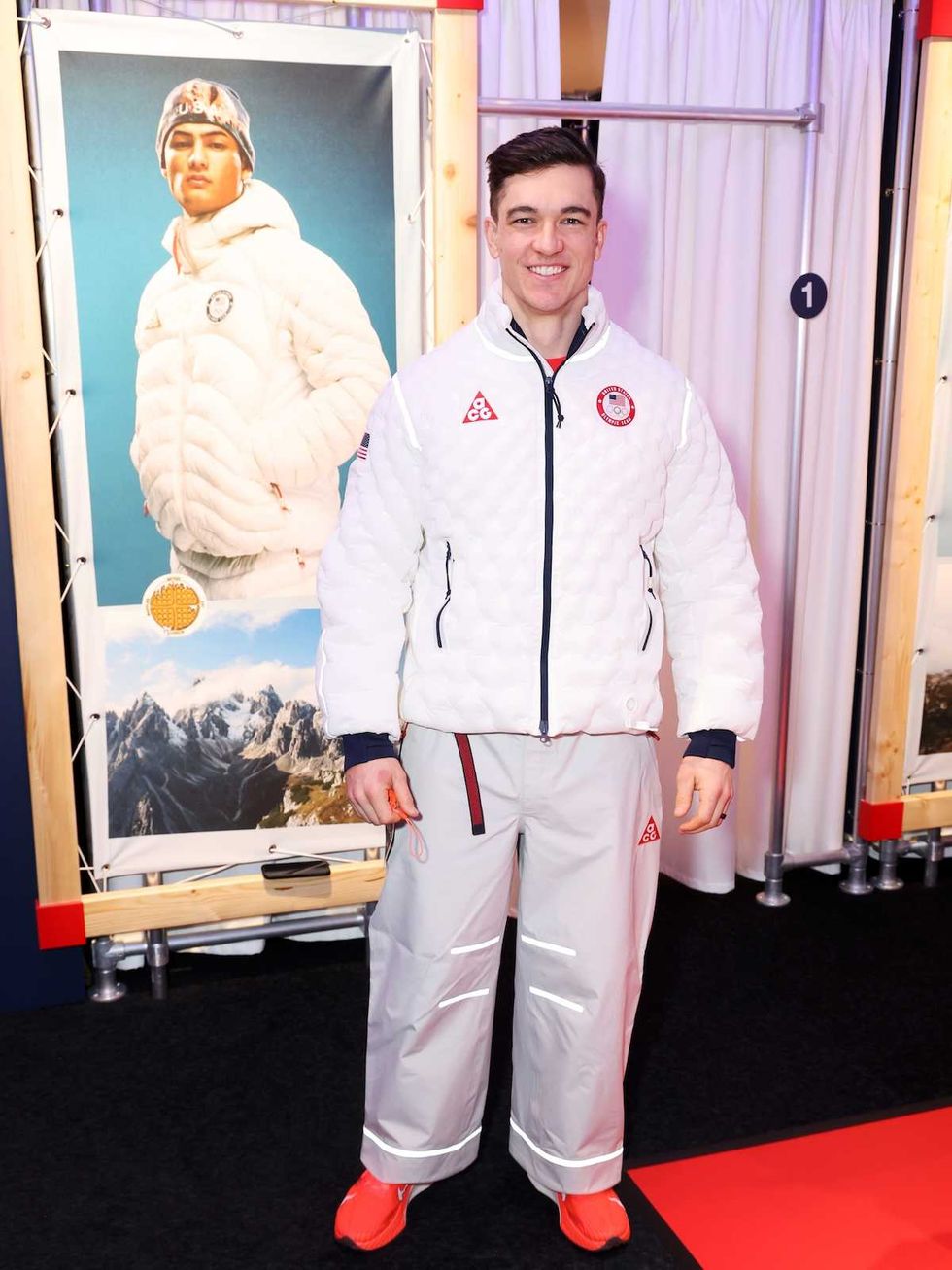 Boone Niederhofer is a former Texas A&M University football player.Photo courtesy of Getty Images
Boone Niederhofer is a former Texas A&M University football player.Photo courtesy of Getty Images